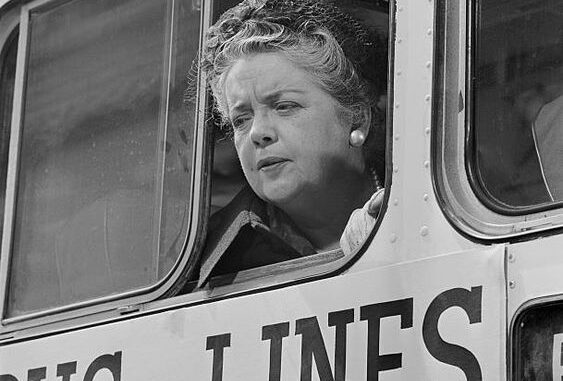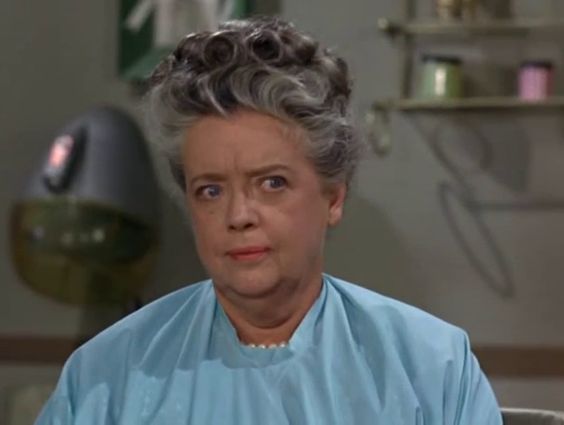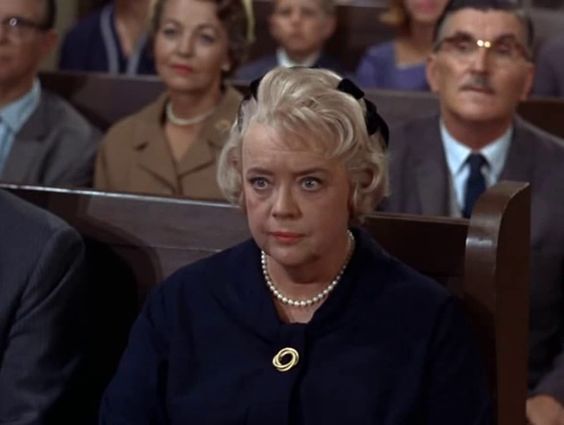
Mayberry almost had a different matriarch.
A Mayberry without Aunt Bee is hardly Mayberry at all. Her homespun phraseologies and down-home cooking bring warmth and Southern authenticity to Andy and Co.’s fictional locale. And what would’ve become of Opie without the surrogate motherly guidance that Bee provided?
There’s probably no universe wherein Aunt Bee does not reside in Mayberry. Any production of The Andy Griffith Show would need to cast someone in that role. However, we were very nearly part of a world in which Frances Bavier refused the part. That may come as a shock to most fans; we all see the two as inextricably linked. Aunt Bee is Frances Bavier, and vice versa. While her personal life would eventually come to terms with those ties between actor and character, at the beginning of her journey, Frances Bavier very nearly was not Aunt Bee.
When the first Andy Griffith Show script arrived in her possession, Bavier initially scoffed at the way it was written. “But people simply don’t talk like that,” she told TV Graphic in 1966. This was completely understandable for Bavier, a New York native who’d built a career in Hollywood and on Broadway. Mayberry was a lot of things, but The Great White Way it was not. For someone who’d lived outside of the South for her entire life, the rural colloquialisms might as well have been Greek.
However, as time passed, and with some travel under her belt, Bavier realized her error. “It was my first trip to the South,” she explained. “I didn’t believe it before. I thought Andy was making it up.” The quote speaks to both the voice Griffith helped capture and the charm that was inherent to that part of the country. While the writers took liberties in creating these fictional characters, each was imbued with a sense of genuineness. Bavier, in her travels, confirmed for herself that people actually spoke like this. But more importantly, she realized the care with which the writing staff highlighted our neighbors to the South.
The Andy Griffith Show is a rare example of Southerners in media that aren’t played for laughs. The show took pride in its regionalism, and in embracing what made the South special, it hit on a lot of universal truths.
